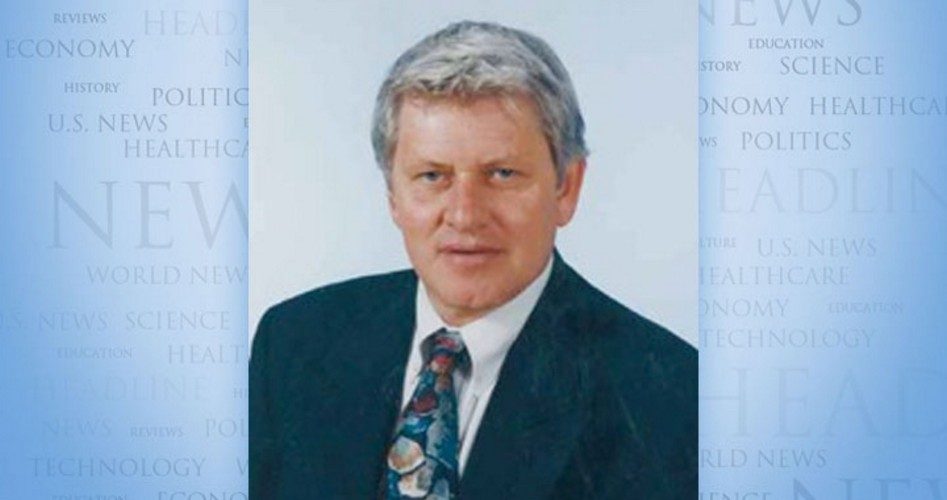
In “Nothing Left: The long, slow surrender of American liberals,” a cover article in the March 2014 issue of Harper’s, University of Pennsylvania political science professor Adolph Reed, Jr. argues that the “dynamic left” in American politics and the “labor-left alliance” of an earlier era have mistakenly and increasingly moved toward the middle, moved from radical ideas for a new society to a “defensive stance” of tinkering with small ideas to incorporate into the existing and inequitable system.
Reed contends that an “increasingly right-of-center Democratic Party” has “renounced its commitment to any sort of redistributive vision.”
It’s true that today’s top marginal federal income-tax rate of 39.6 percent on taxable income over $457,600 for married taxpayers filing jointly is lower than the top marginal federal income-tax rate in the 1950s and 1960s — 91 percent from 1950 to 1963 on taxable income over $400,000 for married couples (equivalent to $3.3 million in purchasing power in today’s economy).
Still, it’s not true that the Democratic Party has “renounced” its “redistributive vision.” Right out of the gate, New York City’s new Democratic mayor, Bill de Blasio, proposed a $530 million tax on “the rich” to fund universal full-day pre-kindergarten.
Similarly, President Obama’s fiscal 2015 budget proposes a $131 billion tax hike over 10 years on “the rich” by way of raising the Estate Tax rate, the death tax, from 40 percent to 45 percent while lowering the amount of inherited money that would be treated as tax exempt from $5 million a person today to $3.5 million. An appropriate government sales slogan to sell this new tax: More fairness via more federal pickpockets in funeral homes.
Obama’s 2015 budget proposal also includes a $600 billion tax hike over 10 years on “the rich” by limiting the value of itemized deductions from high-income taxpayers by only allowing taxpayers to take itemized deductions against a 28 percent income tax rate, rather than the tax bracket they actually pay — a plan that’s sure to drive down charitable giving at a time when poverty is expanding, job growth is sub-par, and the labor force participation rate is at its lowest level in 36 years.
Along the same lines, Obama’s 2015 budget proposal seeks to raise another $500 billion over a decade from mainly higher income individuals by cutting tax exclusions for employer-sponsored health insurance and tax exempt interest.
Additionally, Obama wants to raise an additional $28 billion in taxes by prohibiting contributions to tax-advantaged retirement accounts above a certain level, including IRAs and 401(k)s.
All told, it’s hardly the case that the Democratic Party has “renounced” its “redistributive vision.”
More expansively, Reed contends that Obama’s election was “most fundamentally an expression of the limits of the left in the United States — its decline, demoralization, and collapse.” And further, “As things stand, his (Obama’s) commitments to an imperialist foreign policy and Wall Street have only more tightly sealed the American left’s coffin by nailing it shut from the inside.”
What dropped the American left into a coffin, vulnerable to being nailed by an “unexceptional” Obama, asserts Reed, is “the absence of goals that require long-term organizing — single-payer health care, universally free public higher education and public transportation, federal guarantees of housing and income security.”
And that’s a workable agenda in an economy with sluggish job growth that’s already over $17.5 trillion in the hole?
The Congressional Budget Office concluded that Obamacare will cut 2.5 million workers from the American economy by 2017, and a hike in the minimum wage to $10.10 will cut another 500,000 jobs by 2016. How many more people will quit working or be terminated if buses and colleges are free and housing comes gift-wrapped in a federal guarantee?
Ralph R. Reiland is an associate professor of economics and the B. Kenneth Simon professor of free enterprise at Robert Morris University in Pittsburgh.


